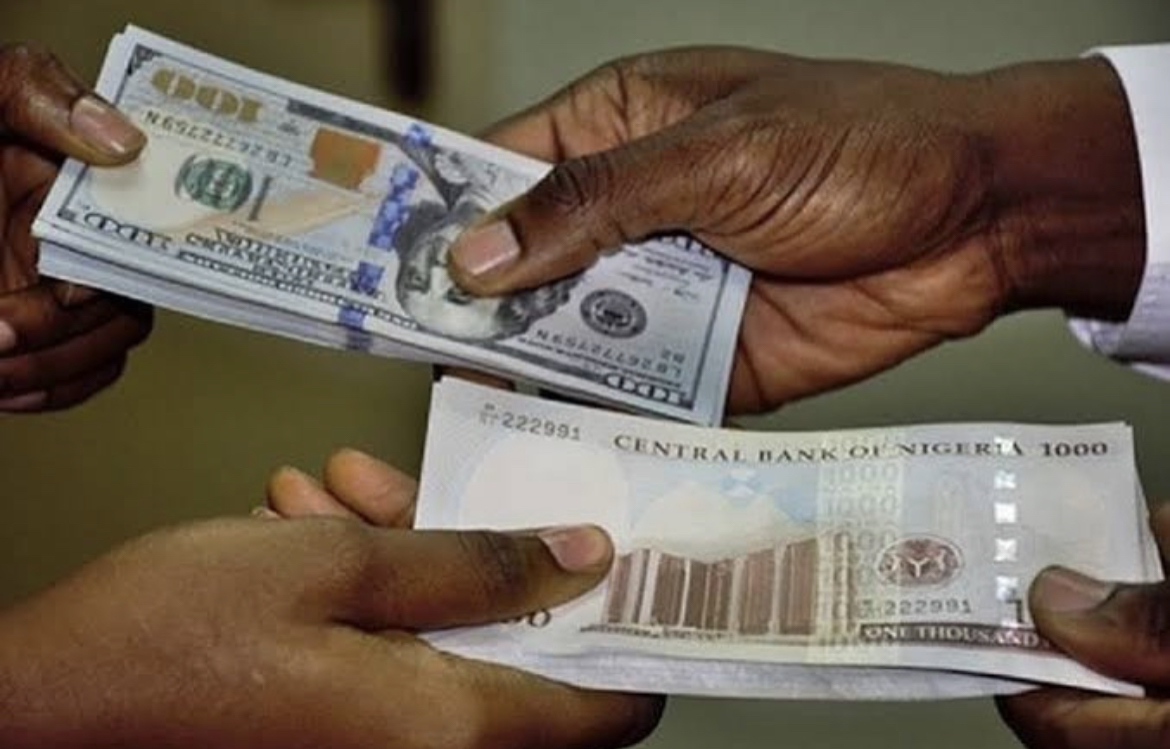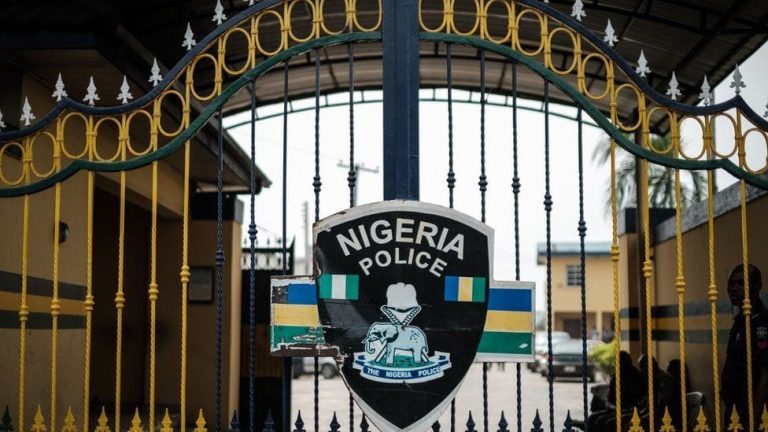
The naira plunged to a record low against the dollar on Wednesday, as the central bank’s move to unify the exchange rate triggered a massive devaluation in the official market.
According to data from the FMDQ Securities Exchange, the naira closed at N664.04 per dollar at the investor and exporter (I&E) window, where forex is traded officially.
This represents a 29% depreciation from N471.67 per dollar on Tuesday.
Meanwhile, the highest intra-day exchange rate at the official Importer and Exporter window was N791/$1. This is the highest ever we have seen since Nairametrics started tracking the data.
An intra-day high is not the closing rate but it is the highest amount for forex paid by a buyer during trading. While it is not the closing rate it is an indication of how much buyers might be willing to pay for forex.
CBN announces unification of all exchange rate segments
Nairametrics reported that the central bank informed commercial banks and dealers to sell foreign exchange at market-determined rates, in line with President Tinubu’s directive to end the multiple exchange rate regime.
- The CBN confirmed this in a press release that stated the unification of all segments of the forex market collapsing all windows into one.
- This was part of a series of immediate changes to operations in the Nigerian Foreign Exchange (FX) Market, in a bid to improve liquidity and stability.
The closing rate is still a wide disparity to the black market rate which sold for as high as N775/$1 when Nairametrics checked around noon on Wednesday.
Exchange rate across markets
The exchange rate between the naira and dollar at the parallel market appreciated to N755/$1 on Wednesday, June 14th, 2023 according to some operators.
- However, some also reported a rate of N765/$1 later in the evening. Exchange rates in the black market can be volatile and thus subject to multiple changes intra-day.
- The parallel market rate is often used as a benchmark for transactions that are not eligible for official forex, such as personal travel allowance, school fees, and medical bills.
- The naira also traded at different rates on the Binance peer-to-peer platform, where individuals can buy and sell forex directly. The exchange rate was N761 per dollar for “outflow” or forex sold by Nigerians, while it was N775 per dollar for “inflow” or forex bought by Nigerians.
Meanwhile, the central bank’s website still showed the official rate of N463.3 per dollar as of Wednesday, indicating that it had not updated its rate since June 6th.
The naira’s devaluation comes amid rising inflation, low foreign reserves, and weak economic growth in Nigeria, Africa’s largest economy and oil producer.
Analysts have warned that the currency crisis could worsen the country’s macroeconomic challenges and deter foreign investment.



